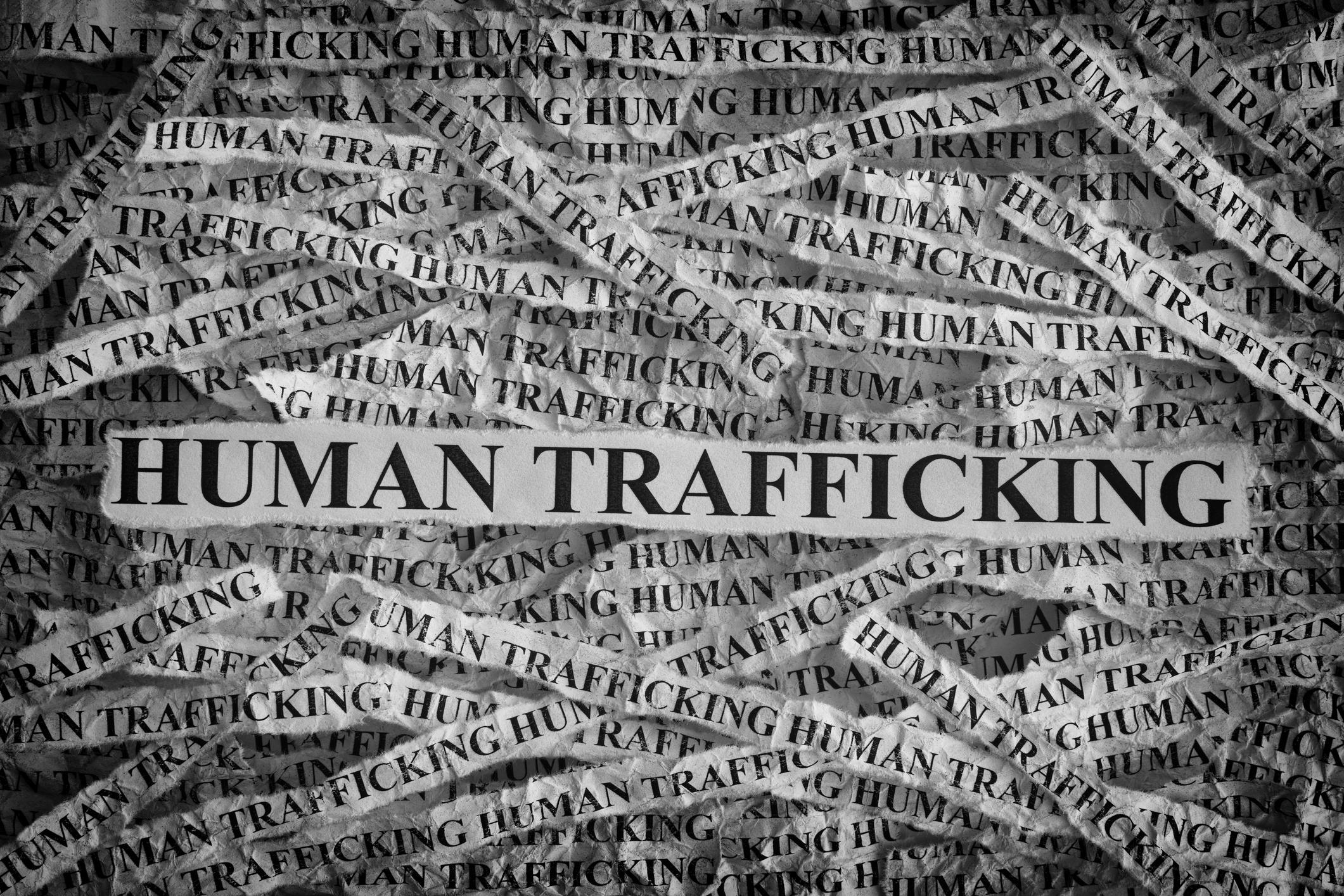The human trafficking crisis has burst into the American consciousness during the last few years. What was once happening in the shadows, and behind closed doors in places such as hotels, is now getting a bright spotlight shown on this catastrophe. And its making people act.
The International Labour Organization estimates there are 40.3 million victims of human trafficking globally, and that women and girls account for 75% of victims, but 99% of women in this situation are forced into the commercial sex industry. Truly shocking facts.
You can listen to the story of human trafficking victim Rani Hong, here.
Fortunately, the hotel industry is working to stem this egregious act. In the hotel industry, both AAHOA and the AHLA have put together programs to create awareness of this issue, and training designed to prevent human trafficking. At the most recent AAHOA Annual Convention, the membership organization held educational sessions training hoteliers on the severity of this issue, and how to spot a potential human trafficking situation in the hospitality environment.
It served as a rollout for a new program where AAHOA partnered with Polaris, which is dedicated to stopping this tragedy. Together, the organizations are offering a free Human Trafficking Awareness Training program as part of AAHOA’s Hotel Owners Academy, which is designed for AAHOA members and their staffs.
The American Hotel & Lodging Association also has an educational program designed to raise awareness while providing ways to spot human trafficking if this is happening at a hotel in which you are located. The program is fee-based depending on the number of rooms in the hotel and is discounted for AHLA members.
The Department of Homeland Security also has a program in place to educate people on how to handle a potential human trafficking situation. Called the Blue Campaign the program is about collaborating with law enforcement, government, non-governmental and private organizations, “to protect the basic right of freedom and to bring those who exploit human lives to justice.”
The DHS program features awareness and training materials with a series of documents and videos. According to Michael “Mick” McKeown, Executive Director, Campaigns and the Homeland Security Advisory Council, with the Department of Homeland Security, trust your gut and if you think you see something, say something. “There’s, there’s no harm in saying something; especially when the intent is there, McKeown told the hotel industry focused No Vacancy podcast, who sat for interview on the during AAHOACON 2018 after hosting an educational session on the topic, “I think that if you’re wrong, and you’re trying to save somebody, the intent is there.” That makes it OK.
Another emerging way to help prevent this is through using ID Scanners. These machines can detect fake IDs and capture meaningful information that can be used by law enforcement if necessary.
Plus, McKeown said when registering a guest at the front desk, a trafficker will hold onto the victim’s identification. “They’ll hold onto that ID. If there’s a reason why someone doesn’t have that type of information or have accessibility [to their ID], that’s a red flag.
Remember: Human trafficking can happen at any hotel, not just ones perceived to be of a lower quality in a potentially bad neighborhood. Every hotel must be diligent to stop these incidents.




